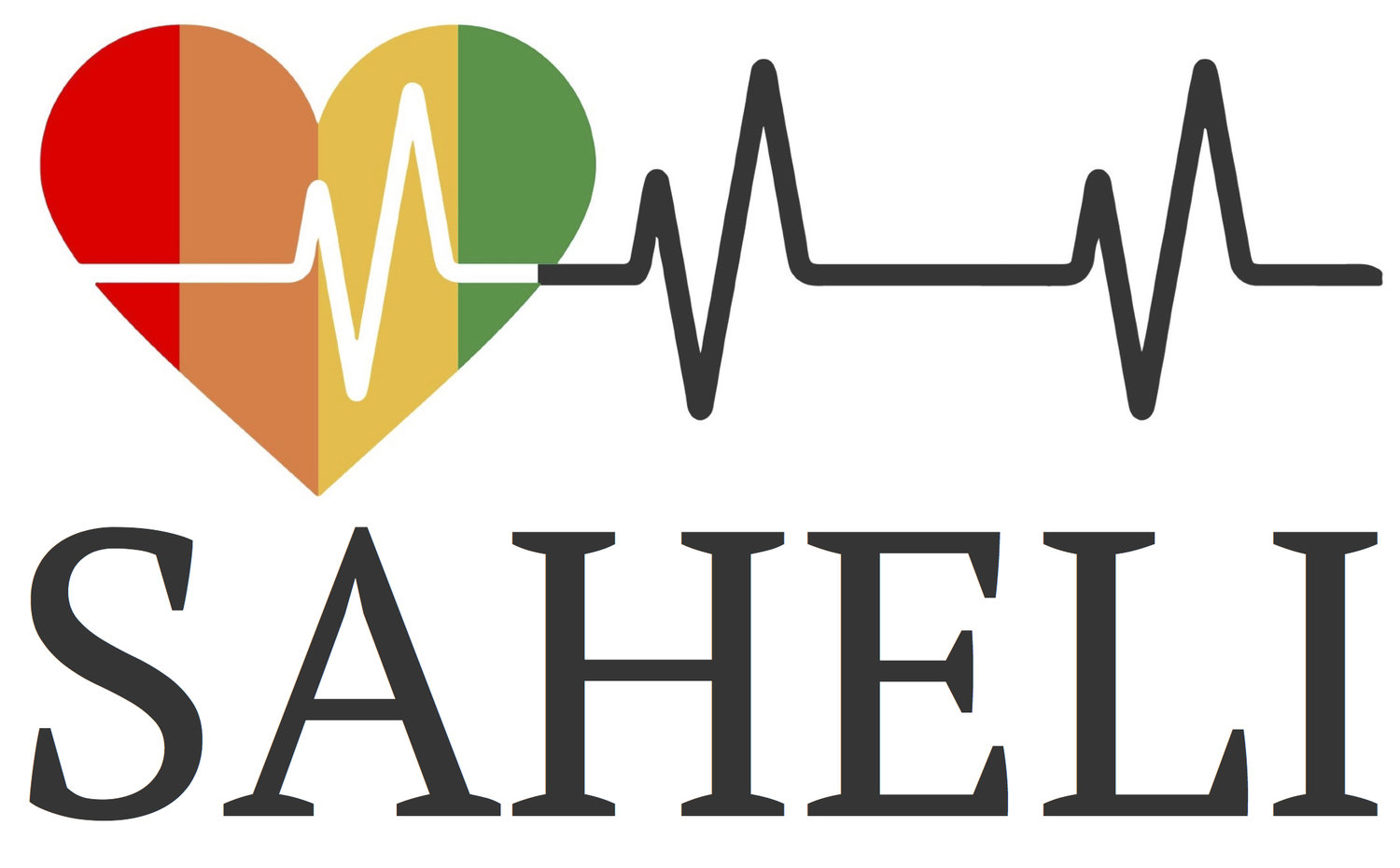What is your academic background and current affiliation?
I am a Postdoctoral Fellow in the Department of Medical Social Sciences at Northwestern University Feinberg School of Medicine. I have a background in Sociology at the University of Ibadan (Nigeria) and postgraduate training (MPhil and PhD) in Population Studies at the Regional Institute for Population Studies, University of Ghana (Ghana).
What are your current research interests?
My research interests focus on cardiovascular disease intervention, experience, care, and health systems response in low-and middle-income countries. I am currently working on implementation research projects on Hypertension Treatment in Nigeria (HTN) project as well as the Nigeria national sodium reduction program. Also, I am leading a sub-project which focuses on testing the effectiveness and implementation of health coaching and home blood pressure (BP) monitoring on hypertension control among adult patients with uncontrolled BP in primary care settings in Nigeria.
What excites you about your research field?
The fact that I am working in partnership with an amazing team on the largest primary care-based hypertension study in Africa and this is being carried out in Nigeria. I am also excited and privileged to be involved in pragmatic research that impact people’s lives positively-which is what I have always wanted to do.
What are two important take-home points from your research?
First, hypertension treatment and control can be achieved through multilevel implementation strategies at the policy, health system, health provider and patient levels. Second, implementing national sodium reduction program is possible through multistakeholder collaboration.
How does you work support community priorities and health equity?
Early results from the Hypertension Treatment in Nigeria program demonstrated the feasibility of improvement in blood pressure, however, this intervention is not reaching the population equitably. As a result, my work on health coaching and home blood pressure monitoring will address health inequity by implementing strategies to improve hypertension control among high-risk patients with elevated blood pressure, young people, and those with low socio-economic status. This study will also strengthen the capacity of community health extension workers to deliver community-based care.
How did you identify your mentor?
I was able to identify my mentors by recognizing those who had genuine interest in my career growth. They were people who identified gaps in my understanding of matters relating to improved efficiency in my career and were willing to supply the needed support to fill those gaps. They were also the ones who helped me think critically on unique matters in my research field and together, we were able to come up with interventions that addressed those concerns. They were not dismissive of my perspectives, I felt understood and they provide emotional support beyond their interest in my career. They provided many opportunities to seek growth and improvement as a person and in my career, and under their care and attention, I have evolved to be the person I am today.
What is the most valuable piece of advice you have received from a mentor?
To be better in what I do and to train others to be as well.
What are key tips and tricks to maintaining "mentor-mentee" relationships from your experience?
· Be teachable.
· Be open to contrary opinions and be willing to learn from your mentor.
· Set clear goals on where you are in your career and work together with your mentor to help you get to where you want to be.
What is your favorite thing to do when you are not working?
I enjoy spending time with my family, and I like to watch military and motivational movies.

